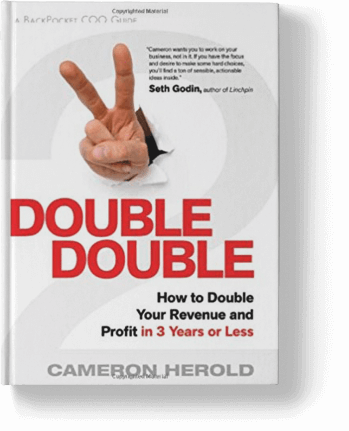 Many CEOs miss out by not implementing a board for their company. As a CEO coach, here are some keys that i can share in creating a high-performing board:
Many CEOs miss out by not implementing a board for their company. As a CEO coach, here are some keys that i can share in creating a high-performing board:
1. Know what a board does: The board advises and helps hold accountable the CEO and leadership of a company. The Board of Advisors can be comprised of any mix of internal and external members the CEO wants.
2. Recognize difference between Board of Advisors and Board of Directors: This hit me while I was speaking to a group of EO members before a Berkshire Hathaway shareholders meeting in Omaha. A Board of Advisors cannot fire the CEO while a Board of Directors can. This difference calls for different people on each type of board, and it’s important to scout for them differently.
3. Have a clear Vivid Vision: The more clearly a CEO paints the picture for the board, the better advice the board will give. See more on that here. You want the board to be thinking ahead of where the company is today. Too often board members get embroiled in tactical, day-to-day or urgent matters when their time would have been better spent discussing the balance sheet, or how they’d handle things like massive currency fluctuations, recessions, continued hyper-growth, etc. One of the board’s goals should be to stay ahead of the vision of the company.
4. Find the right people: Look for company builders for your board. Too many people make the mistake of putting lawyers and accountants on their board, whom tend to give advice around why you shouldn’t do things versus what you should do. Entrepreneurship is risky, and taking advice from employed lawyers and accountants can significantly stifle your growth or misdirect you.
5. Get a 3-5 year commitment: Stack your board with company builders that are LONG TERM. This will cause them to have a vested interest in the outcome and allow them to get deeper into the psyche of the company. Fly-by-night experts should only be used for certain tasks, not long-term projections and ongoing advice.
6. Surround yourself with giants: Taking advice from people who have led companies larger than yours is critical as you grow, and the complexity of your systems and strategic issues evolve. Find people that intimidate you a little bit. This will cause a reverence and respect, and it will be easier to take their advice.




